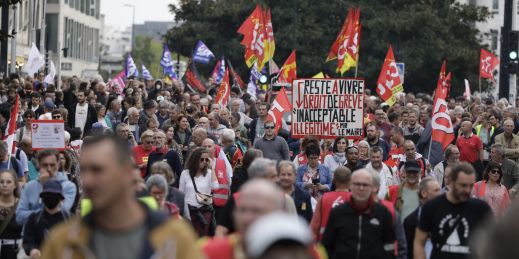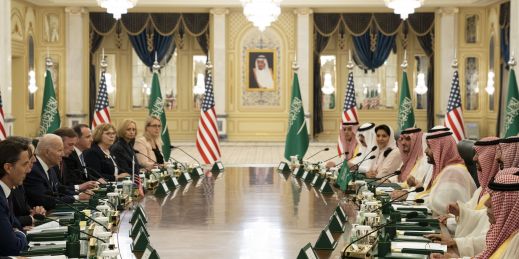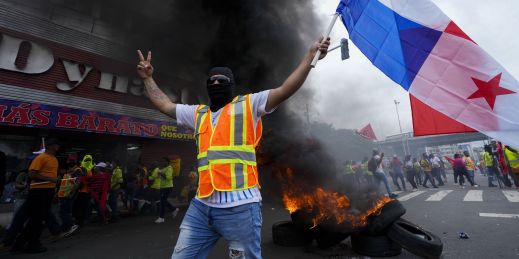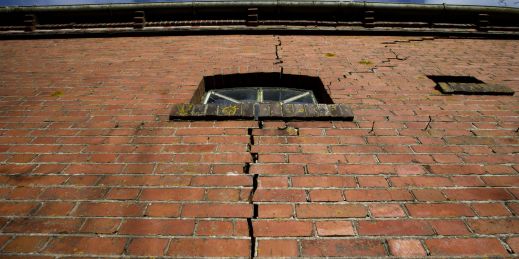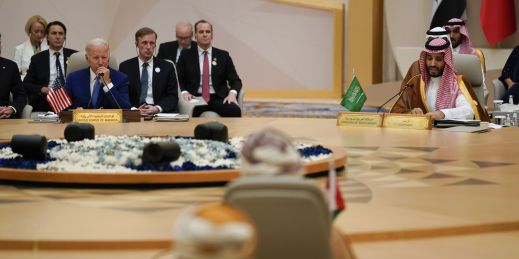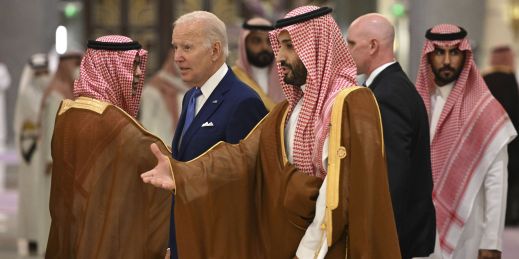
The latest row between Washington and Riyadh over the decision by OPEC+ to cut oil production is not just a dispute over oil prices. It is a more fundamental divide between the U.S. and most of its Middle East security partners over what’s at stake in the war in Ukraine, and how each side sees the current geopolitical map.

